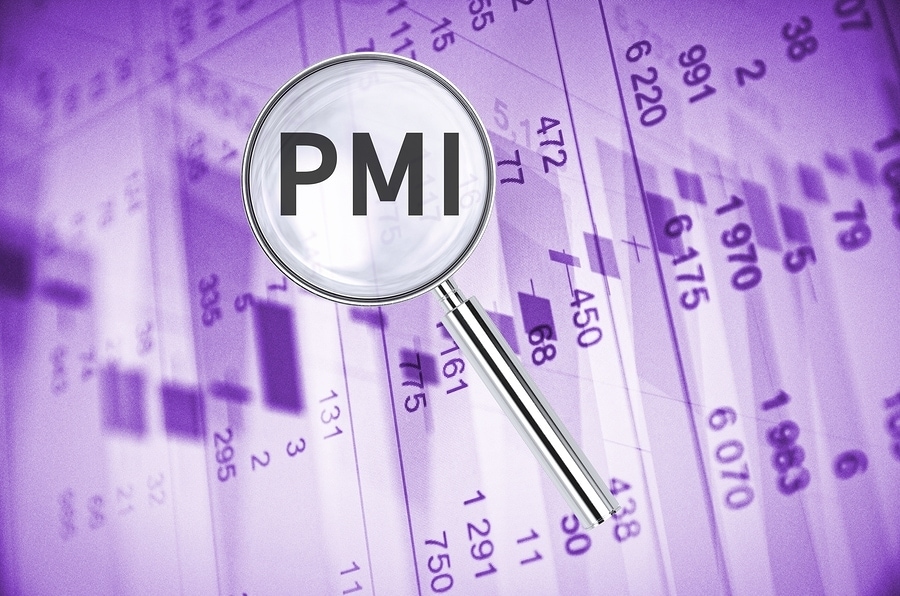Get Expert Financing
- Matched with investor-friendly lenders
- Fast pre-approvals-no W2s required
- Financing options fro rentals, BRRRR, STRs
- Scale your portfolio with confidence
If you’re thinking of buying a home or refinancing your mortgage, you should begin working now to improve your credit score, even before applying for a mortgage. That’s because your credit score will have a major impact on the mortgage rate you will get, and that will have an affect on your monthly payment.
And since mortgage insurance is also affected by your credit score, the impact will be even more significant if you will need mortgage insurance, as is typically the case when you put less than 20% down on a conventional mortgage.
Here are ways to improve your credit score before applying for a mortgage.
Get a copy of your credit report, and carefully study each credit entry listed on the report. Pay close attention to any accounts that indicate derogatory information. This can include late payments, past due balances, or even collection accounts.
If any of that information is incorrect, you should dispute it with the creditor.
You can get contact information for the creditor from the credit report, and it is generally listed at the very end of the report. Contact the creditor with a cover letter, including the account number, explaining why the derogatory information is inaccurate.
You’ll also need to include documentation that proves your point. This can include copies of canceled checks as evidence that payments were made or made on time, as well as any correspondence related to the negative entry at the time that it occurred.
Creditors must address your concerns within 30 days. Once they provide you with an indication confirming that the information is an error, you must request that they provide correct information to each of the three major credit bureaus – Equifax, Experian, and Transunion. And if they don’t, you will need to follow up with them to make sure it happens.
If your credit report shows any accounts that have past-due balances, and you know them to be accurate, the best strategy is simply to pay them off. The past-due balance will still show up on your credit report as a negative, but a paid past-due balance on your credit report is better than an open one.
If you can’t pay off the full balance, negotiate a partial settlement. Many creditors will accept less than the full amount owed, particularly if the balance has been outstanding for more than a couple of years.
In that situation, the creditor may report that the account was settled for less than the full amount. But at least it will no longer be an outstanding balance, and that should help to improve your credit score.
One of the major components of your credit score is your credit utilization ratio. That’s the amount you owe on your credit cards, divided by the total amount of credit limits you have available. This represents 30% of your total credit score and is second only to your payment history in importance in determining your score. If this is working against you, it can seriously weigh down your credit score.
To demonstrate how your credit utilization ratio works, let’s assume you have five credit cards with total maximum credit limits of $20,000. If you owe a total of $10,000 on them, then your credit utilization ratio is 50%. That’s $10,000 divided by $20,000.
The ideal ratio is 30% or less; to the degree that you exceed that percentage, your credit score will fall. To the degree that you’re below that percentage, your score is increased.
Whatever level you’re at now – 30%, 50%, 75% or what have you – you can improve your credit score by paying down one or more credit card balances. It’s not possible to say how much lowering your credit utilization ratio from, say, 50% to 40% will improve your credit score, but it will get it moving in the right direction.
This strategy also relates to your credit utilization ratio. If the ratio is based on the relationship of your outstanding credit card debt compared to your total credit lines, then it stands to reason that apart from paying down credit card debt, you also should want to maintain high credit limits.
For example, using the same situation described above of $10,000 in credit card debt against total credit lines of $20,000, should you close out a $5,000 credit line, you will reduce your total credit limit to $15,000. That will instantly increase your credit utilization ratio from 50% to 67% ($10,000 owed divided by a $15,000 credit limit).
If you’re applying for a mortgage then, never close out a credit line, even if it has no balance due on it. Your credit score will be better for it.
New credit lines can hurt your credit score. This is because they are unproven. Since you have no credit history on the account, the credit scoring models will calculate your credit score to reflect a higher risk, and that will lower your credit score.
Avoid any new debt whatsoever if you are applying for a mortgage. Ideally, any credit accounts you have should be at least six months old at the time you apply for a mortgage, but a full-year-old or more is even better.
This one is absolutely obvious. But at the same time, it’s worth bringing it up if you are planning on applying for a mortgage.
There are two reasons for this:
1) The most damaging type of late payment is a very recent one – you certainly don’t want to have a late payment showing up on your credit report just weeks before applying for a mortgage; your credit score can drop 50 points immediately.
2) Buying a home and applying for a mortgage is a complicated process that can distract you from your normal routine; that may make it very easy to miss a payment here and there, causing a major decline in your credit score.
What all of this means is that if you even think you’ll be applying for a mortgage in the coming months, you should begin now to work on improving your credit score. The better your credit score, the lower your monthly house payment will be.
Our advice is based on experience in the mortgage industry and we are dedicated to helping you achieve your goal of owning a home. We may receive compensation from partner banks when you view mortgage rates listed on our website.

![What Credit Score Do You Need for the Lowest Mortgage Rates? [2025 Complete Guide]](https://myperfectmortgage.com/wp-content/uploads/7joxnrbx6qg-1024x680.jpg)
